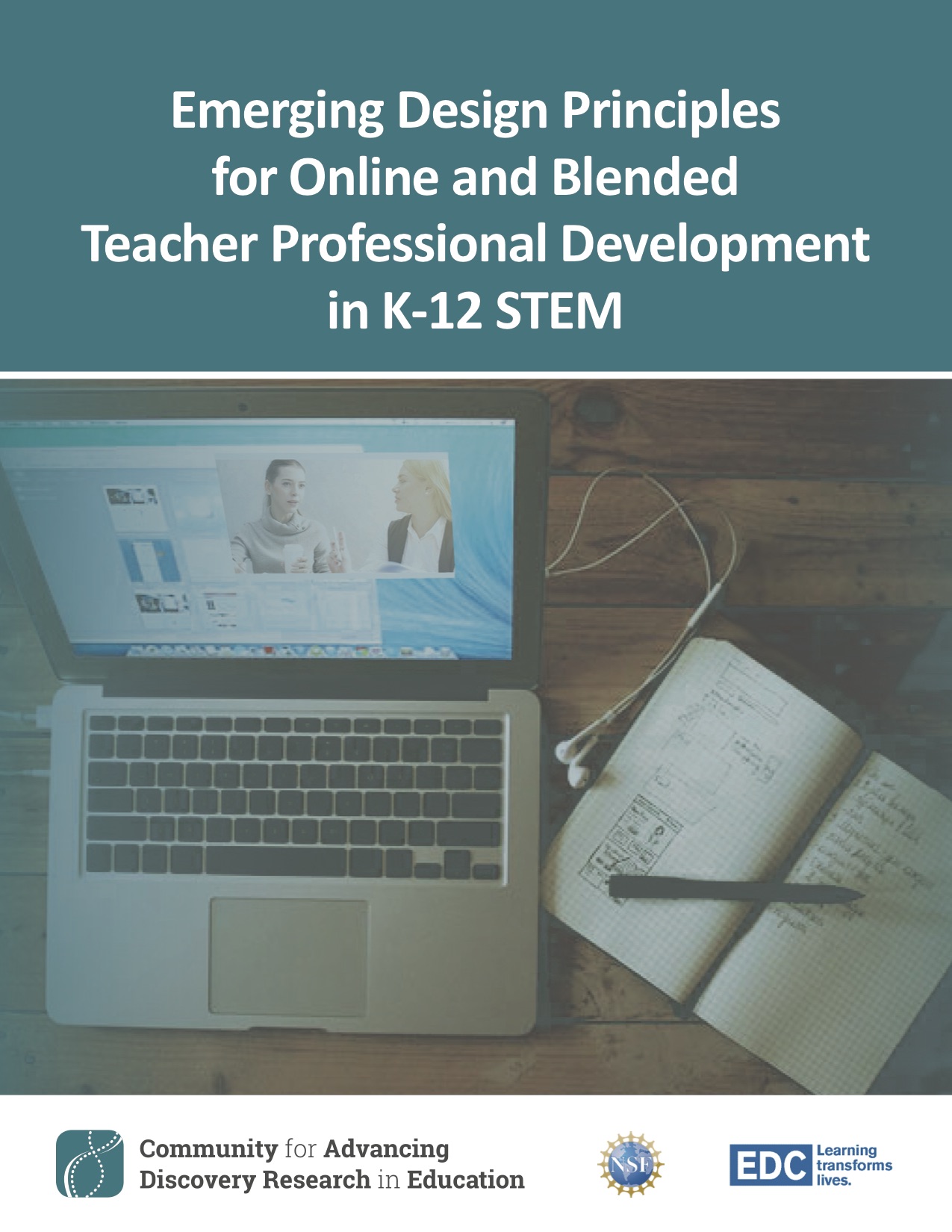Model of Research-based Education (MORE) for Science Teacher Preparation
This article summarizes how a group of undergraduate regional university faculty built a program for rigorous and research-based science teacher preparation at the elementary level—namely, the “Model of Research-Based Education for Teachers” (MORE for Teachers). First, we discuss the research upon which the program is built: (1) a preparation infrastructure that includes rigorous content, focused teaching methods, and integrated field experiences with an emphasis on quality mentoring from cooperating teachers and (2) a conceptual framework for how people learn science.
This article summarizes how a group of undergraduate regional university faculty built a program for rigorous and research-based science teacher preparation at the elementary level—namely, the “Model of Research-Based Education for Teachers” (MORE for Teachers).
